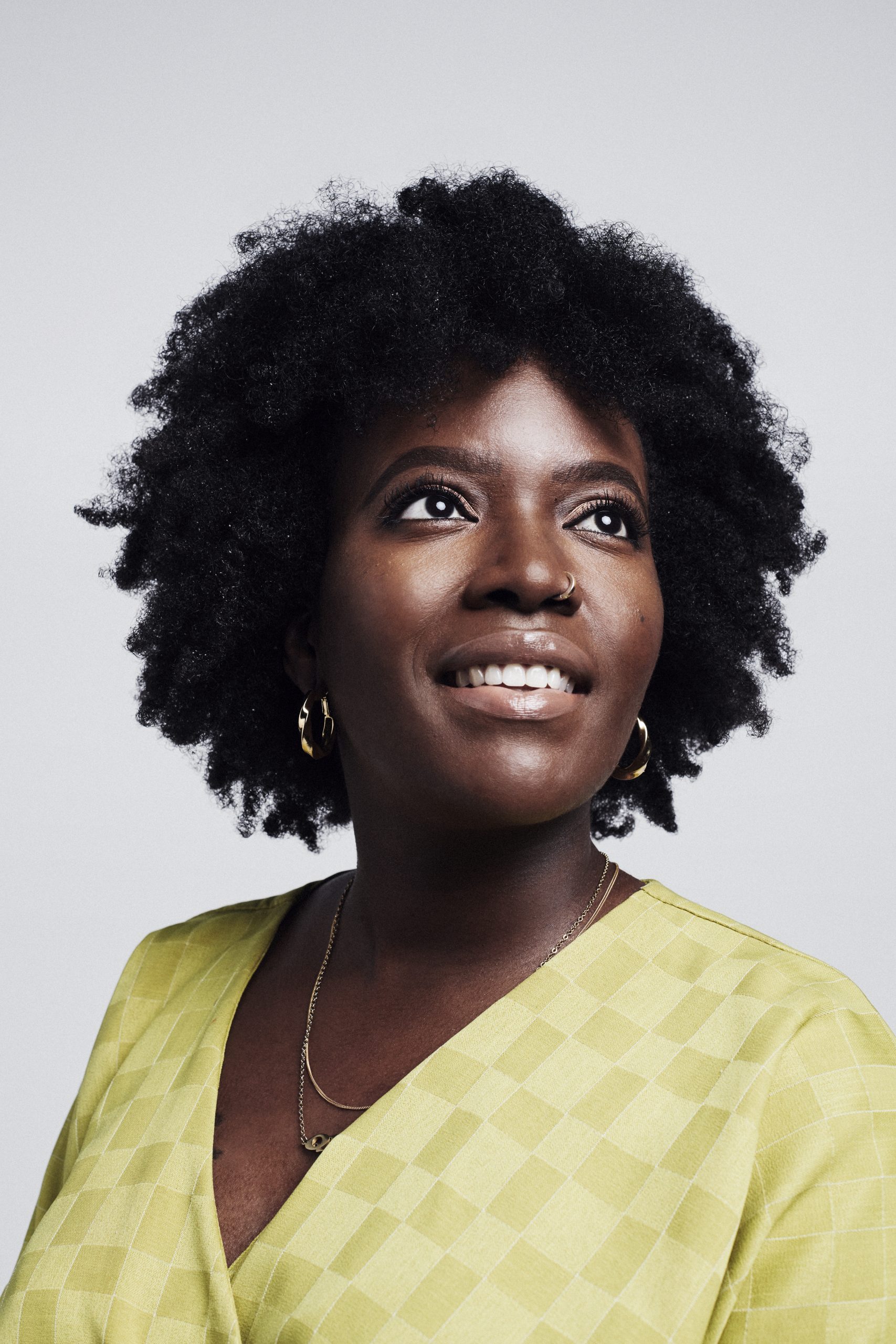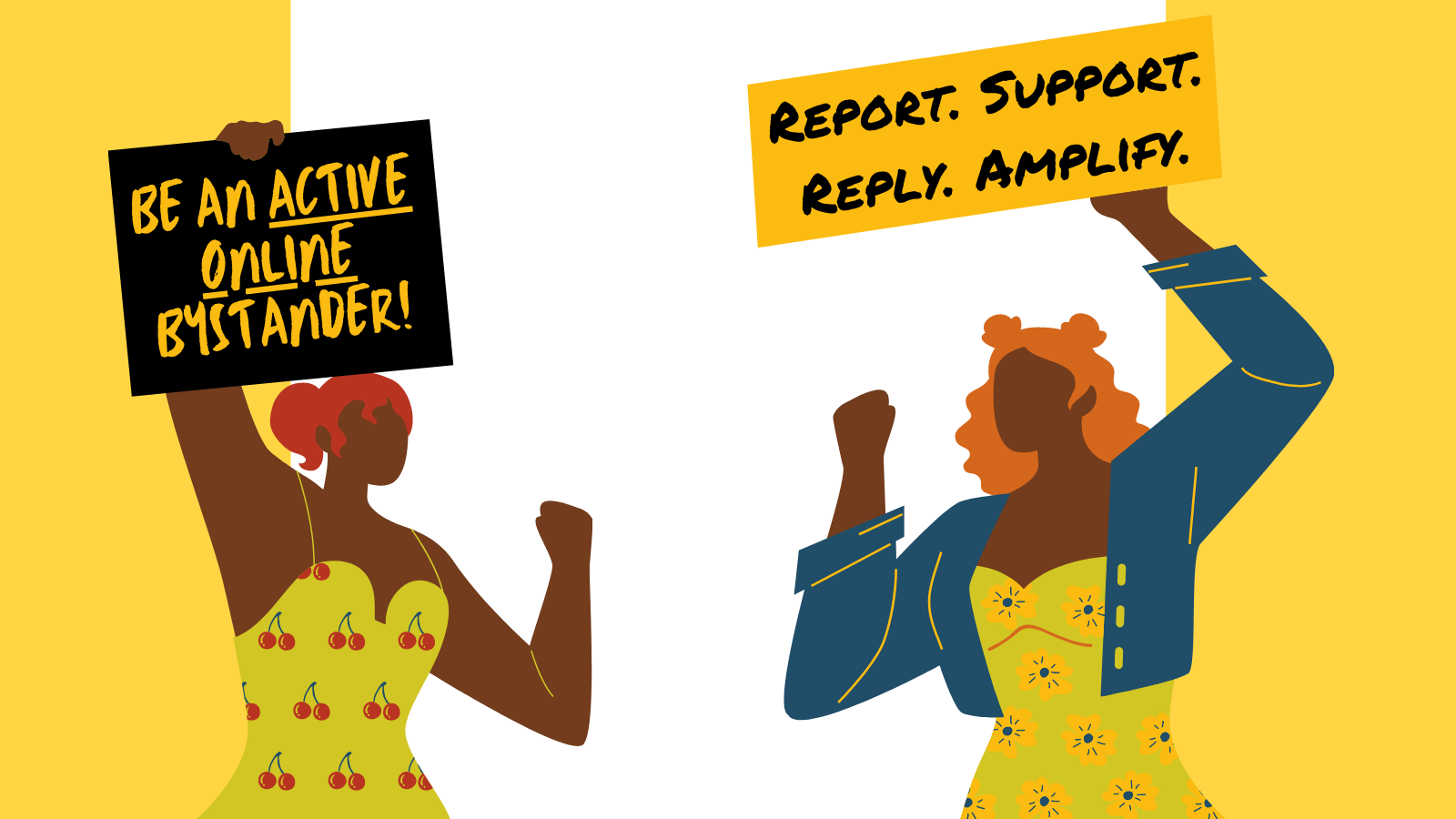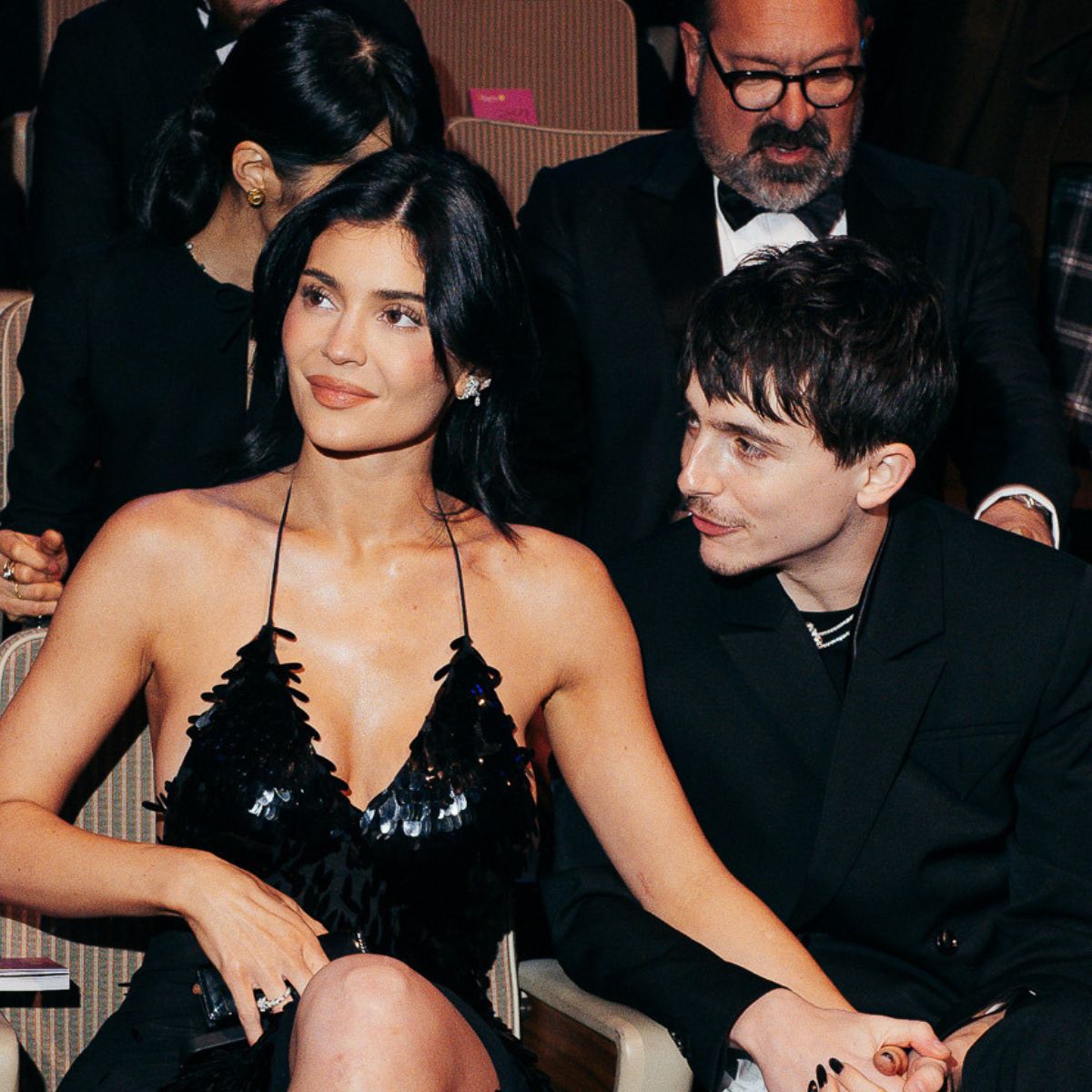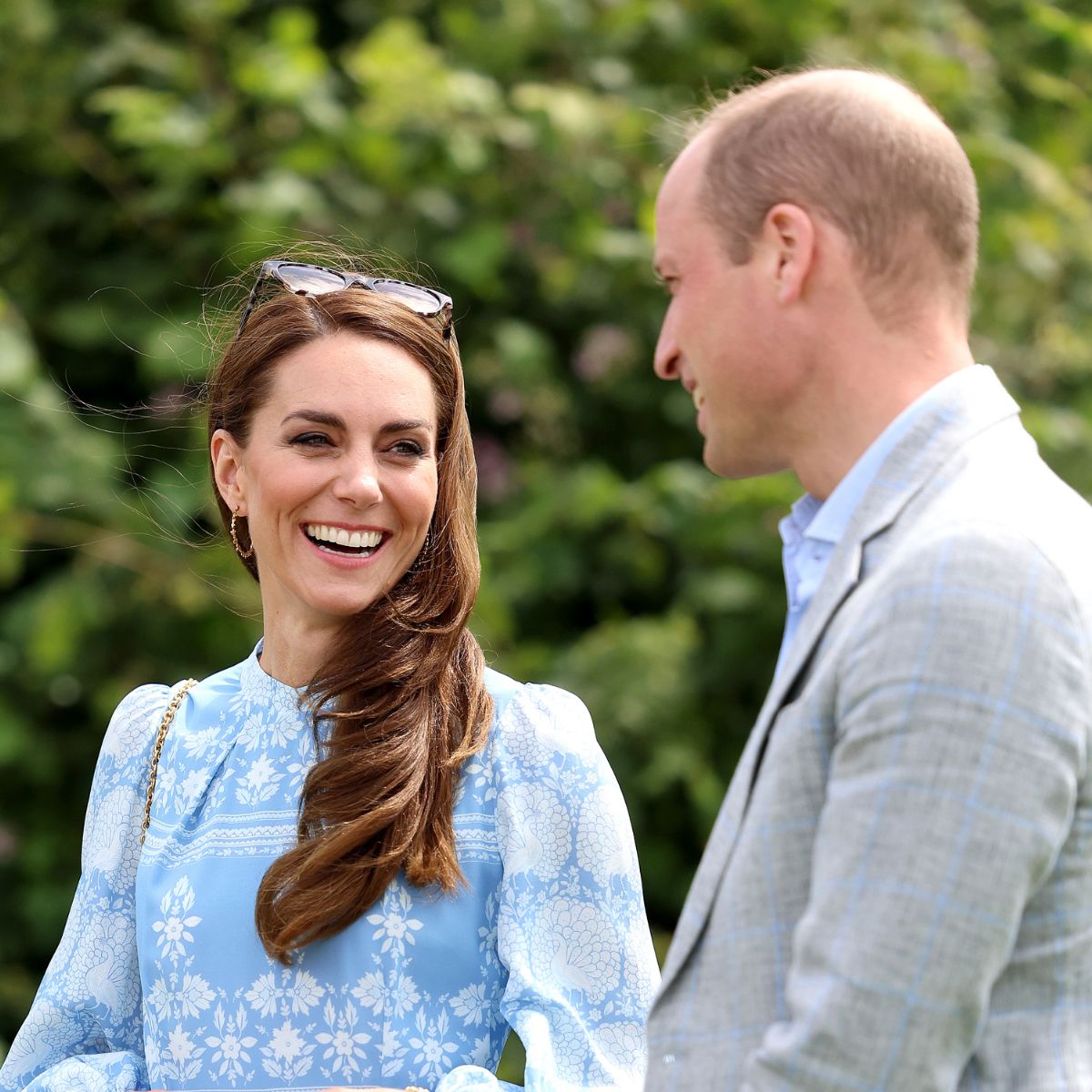I agree with Oliver Dowden on the banning of cricket's Ollie Robinson - and it’s even for the same reasons
Glitch founder Seyi Akiwowo on if ‘digging up tweets’ is really public accountability, why this holds back progress on ending online abuse, and the framework we need for actual change

Glitch founder Seyi Akiwowo on if ‘digging up tweets’ is really public accountability, why this holds back progress on ending online abuse, and the framework we need for actual change
Eight years ago, cricket player Ollie Robinson made racist and sexist comments on social media.
This week, as he was about to hit a huge milestone in his cricketing career, the England and Wales Board banned him for those comments.
Oliver Dowden, the Culture Secretary, called this suspension ‘over the top’, saying: "Ollie Robinson's tweets were offensive and wrong. They are also a decade old and written by a teenager. The teenager is now a man and has rightly apologised. The ECB has gone over the top by suspending him and should think again."
I agree, and here's why.
First, we need to recognise that women and minoritised communities face this ordeal all the time. Women face more scrutiny online, are held to a much higher standard for their past and present online behaviour, and are routinely 'exposed', 'blackmailed' and 'leaked'.
Stephanie Yeboah lost a series of jobs because of racist tweets she made as a teenager, while Munroe Bergdorf faced online racist and transphobic harassment following a Daily Mail report about Facebook comments she had made several years previously.
A growing digital footprint
So while it is important, and long overdue, that we talk about the tension between growth and accountability, and about the social media usage and education of a younger person with a digital footprint - we also need to remember that this conversation should not just be about the experiences of one white man.
Marie Claire Newsletter
Celebrity news, beauty, fashion advice, and fascinating features, delivered straight to your inbox!

Growth in values
Second, I don’t know Ollie Robinson, so of course I can’t guarantee that he has actually grown in his values and beliefs of women and people of colour since he posted those statements eight years ago. What I do know is that this is certainly not the way to find out about it. Simply reviewing his more recent social media posts, especially those made around #MeToo and #BlackLivesMatter, would be an indicator if he has grown and did do the work called for by those campaigns, and especially the work that those campaigns asked white men to do.
This shouldn’t be misinterpreted or used in any semblance of ‘this Black woman has given me a pass’ - ‘cos I haven’t. What I’m outlining here is that there are growing tension points, which must be resolved, and proposing a potential framework that authorities and society should seriously consider.
Why am I writing this? Because this has everything to do with creating safe online spaces for all.
Online vs offline
Which leads me on to my third point. The online is a continuation of our offline reality, of the spaces and places we interact and operate in every day. We cannot talk about online safety, tech accountability, or digital citizenship education without discussing the deficit in political education, the great need to decolonise our curriculum so we learn about race, sexism and other forms of systemic oppression.
We cannot talk about online allyship and how to be a responsible digital citizen without understanding how we do that offline too. With the growing war on wokeness it is exactly the media spin we’ve seen in the last few days that will feed that beast, that will undo all progress to improve as a society. And frankly, when we are not clear about where to draw the line between abuse and public accountability, we regress on progress on addressing online abuse.
"We have a tension point between growing up using social media and being able to change your mind offline."
Literature, entertainment, arts and activism are all about provoking thought, education, highlighting key issues in order to get us to think, feel, know differently about a subject. We have school and university debates all about changing our opponents’ minds. We have education systems which are all about improving our grades and expected outcomes. Yet, when it comes to the online space we expect people, as soon as they create that social media handle, to be woke.
To have undone the social conditioning of patriarchy, racism and all forms of oppression within the 90 secs of choosing our first profile photo is a mighty ask of all of us. Now to be clear, this doesn’t mean people have an absolute free rein to be abusive or a bigot online - and that is why we need social media regulation and consistent rule of law to deter and address the kind of illegal and harmful behaviour we’ve seen recently, including from celebrities and public officials, with zero repercussions.
In creating these impossible expectations, we are penalising the generation of young people who haven’t had adequate media literacy education, let alone digital citizenship education or political education and therefore have limited understanding of how to be responsible online.
How many of us truly understand that we all have a digital footprint, whether we like it or not; or that we don’t get to take things back from the online space? We haven’t yet set the social norms for how to behave online (and some would argue we’ve not achieved this offline either) - yet we are reprimanding young people for behaviour in their teens. And all this in a world where social media platforms only made holocuast denial illegal on their platform, and banned the use of dehumanising language, in 2020.
Being conscious of your digital self
We find ourselves now in a world where we have to actively consider, or plan to, delete previous social media posts. There are a number of apps that allow people to delete social media posts every month or 3 months, or to keep selected tweets. We share this as an option in our digital self care and defence training for women in public life, and in our digital citizenship education for young people in schools.
But: does this just perpetuate the culture that expects perfection from our young people - something that is just a direct conflict with our biological DNA and human fallibility?
Because we live in a racist and patriarchal society that is not forgiving, we will continue to offer this as a tool for our communities to add to their toolkits, if they so wish.
Young people who are experimenting and learning about their bodies, sexuality and life choice - and especially those from racialised and minoritised backgrounds - do not have the privilege of the media and society saying they are ‘just growing up’.
Of course, there is an argument to say that being racist or sexist is not an experiment or a phase. How long will women, Black or Muslim communities continue to be the topic that people ‘experiment’ with? My answer to that is: as long as we fail to invest and commit to decolonising our education, it will certainly take longer with this war on wokeness.
That’s why I find it intriguing that the Minister for Digital, Culture, Media and Sports didn’t say anything in defence of the England Men's Football Team taking the knee in symbolising standing against racism in sports. An act, an education, a use of a global platform, that would bring about the type of education that would have hopefully enabled a teenager like Ollie Robinson eight years ago to learn from. Funny, that.

Public accountability masquerading as abuse
Public accountability masquerading as abuse is going to be a threat to any progress in ending online abuse. Is searching back eight years to unearth racist and sexist tweets public accountability? If you’ve had to search that far back, then that tells me there is a significant possibility the person has changed. I would define the act of “dragging up tweets” as public shaming, and there’s scientific evidence that shaming does nothing. This point shouldn’t be confused with agreeing that “cancel culture” is why there needs to be a war on wokeness.
People hide from public accountability by calling it cancel culture. Public shaming is what we saw Munroe, Steph and Ollie go through, and a public shaming (flash back to Game of Thrones) when someone is *just* about to soar in their career. Should they all be able to explain their behaviour and growth? Of course. Should they be virtually strung up, embarrassed, lose income, be sent death threats after they’ve explained? No. That’s when it becomes abuse.
Cancel culture
So after my delicate attempt at nuance, where is the framework I promised? Well, it is of course digital citizenship education: public education from primary schools to our libraries, our GP surgeries and barbershops.
Part of this education is fundamentally about understanding our digital rights and responsibilities, including online active bystander interventions, digital security and ethics about tech accountability. That includes clarity on what actually makes up social media platforms - from algorithmic audits and transparency of content policies, to the overuse of behavioural sciences to have us over share and very importantly, data privacy. A lot of this must be delivered via our talented - but underfunded - youth and social workers too.
Digital citizenship education
So we’ve heard from the Minister for Digital, Culture, Media and Sports, Oliver Dowden, on the ban - yet he is again quiet on the role the upcoming Online Safety Bill must play in digital citizenship education, for all users navigating the online world and how regulation of social media must be about ensuring all online platforms are safe.
While waiting for legislation there is something Mr Dowden and the Department for Education can do right now: invest 10% of the digital services tax, which is expected to have generated £500m in the last financial year, on digital citizenship education and public health approaches to ending online abuse.
The England and Wales Cricket Board - and other sports bodies - must also invest in digital citizenship education and training. This would be invaluable as part of their own education, and as part of a wider review of how they recruit and support upcoming talent - particularly women and those from minoritised backgrounds - as well as fans of the sport. At Glitch, we saw how our recent joint education campaign with BT and BT Sports helped to equip people with practical ways to navigate the online space.

I bloody well hope that, in ten years time when l look back at my tweets, I will not have the same opinion or views.
I hope I'll say 'wow I really was a dickhead in recovery'.
I hope I’ll be able to see and celebrate how I’ve changed, learned and grown as a human, and as a human within a progressive society that’s always striving to do better.
I also hope that society will be as supportive and forgiving of Black women who make public mistakes and grow, in the same way, that we’ve seen support given to Ollie Robinson.
Find out more about Glitch: glitchcharity.co.uk
The leading destination for fashion, beauty, shopping and finger-on-the-pulse views on the latest issues. Marie Claire's travel content helps you delight in discovering new destinations around the globe, offering a unique – and sometimes unchartered – travel experience. From new hotel openings to the destinations tipped to take over our travel calendars, this iconic name has it covered.
-
 Timothée Chalamet’s mother has opened up about his relationship with Kylie Jenner
Timothée Chalamet’s mother has opened up about his relationship with Kylie JennerBy Jenny Proudfoot
-
 Princess Kate has started a new tradition with Prince Louis’ birthday portrait
Princess Kate has started a new tradition with Prince Louis’ birthday portraitBy Jenny Proudfoot
-
 As a perfume-obsessed beauty editor, I can’t believe it’s taken me 25 years to try this classic Y2K scent
As a perfume-obsessed beauty editor, I can’t believe it’s taken me 25 years to try this classic Y2K scentIt was worth the wait
By Mica Ricketts